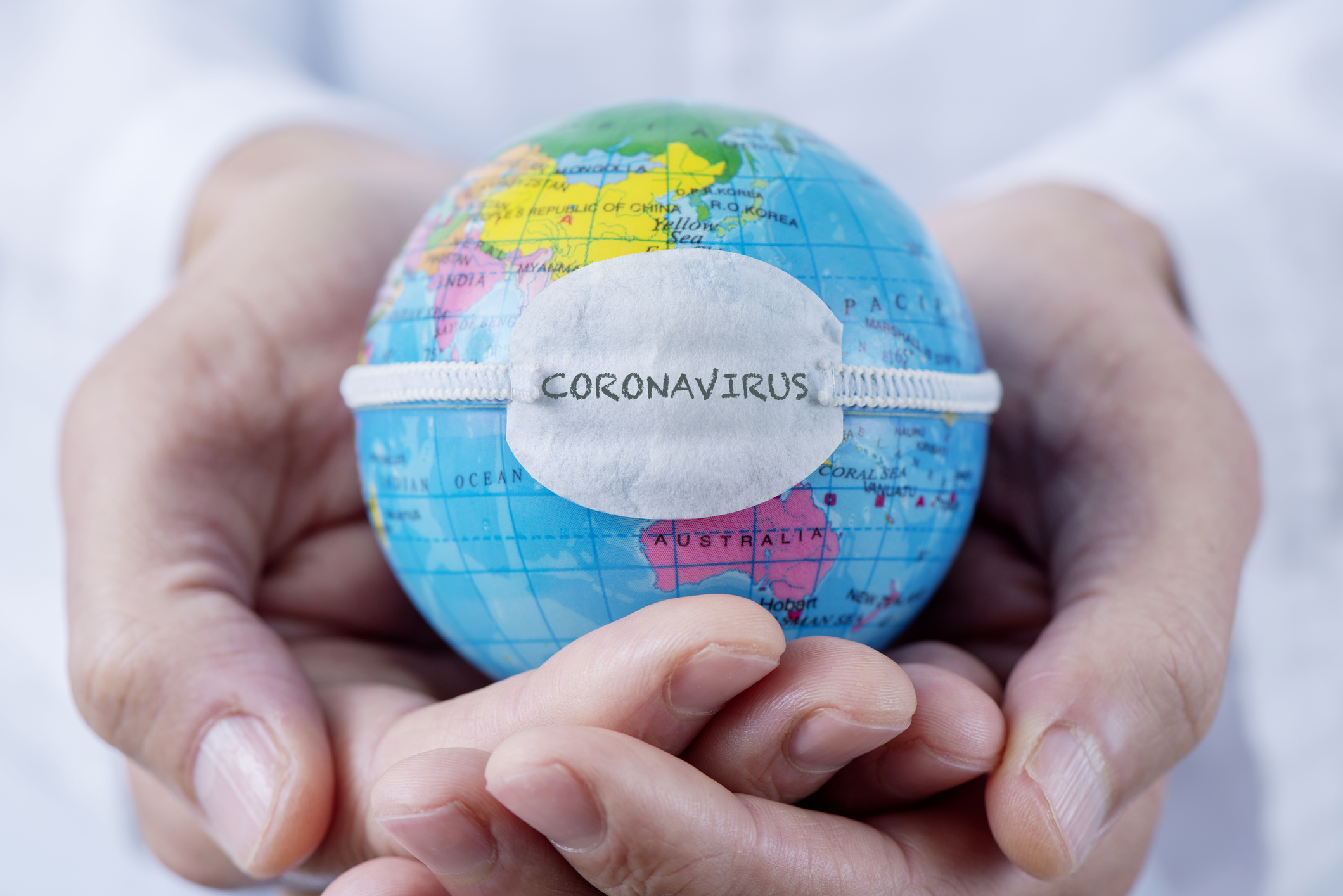Despite what valuable research has come from studies of the new coronavirus disease (COVID-19), researchers are still trying to better understand how it spreads, how to protect against it, and how to develop and distribute effective methods of testing. Here’s the latest information on its symptoms and testing and how ARcare is helping its communities in this unprecedented time.
What do we know about COVID-19 so far?
1. It’s easily transmitted.
The virus spreads from one person to another very easily, which is why so many people got infected in such a short time. It’s carried in saliva particles, so people transfer it by sneezing, coughing, and even talking.
2. It requires immediate, large-scale attention.
The initial response to the virus varied from country to country. While the aggressive movements of the Chinese government seemed unusual at first, they managed to slow the coronavirus significantly. On the other hand, Italy’s lack of preventative measures led to a nation-wide disaster.
3. Everyone is at risk of contracting it.
For now, no one appears to be naturally immune to the coronavirus. While young ones are the least likely to get infected, there are some cases of children contracting the virus.
4. Elderly communities are the most vulnerable.
Older populations are currently most at risk of becoming infected. According to a recent study, mortality rates are 13.4% for people 80 and older and 8.6% for people in their 70s.
5. The vaccine is at least a year or more away.
Although trials have started, it’s likely that a vaccine won’t be ready for another 12 to 18 months.
Symptoms of COVID-19
The most common symptoms include high body temperature, sore throat, runny nose, body aches, and a constant cough. Severe symptoms may include coughing blood, trouble breathing, and complete respiratory failure. You should visit a coronavirus testing center if you’re experiencing more than one of these signs of the coronavirus.
How does the testing work?
Testing for the coronavirus is easy and only requires a swab from the nasal cavity to collect a sample. After that, your sample is sent to a lab and the collected cells are tested to see if the person is positive for the virus. You will be familiar with coronavirus testing if you ever got tested for the common flu.
Getting tested remotely
Telehealth refers to the use of information and communication technologies to deliver hospital-level care to patients outside of hospitals. This allows patients to get tested, diagnosed, and treated remotely. This in turn also solves one of the biggest obstacles in healthcare, which is high-risk people leaving their homes.
Luckily, you can take the sample yourself from home with instructions from a doctor. You can also use ARcare’s virtual triage to screen yourself, which benefits the public by your practicing social distancing.
What do I do if I think that I’ve been infected?
If you have the symptoms of the coronavirus, you can use ARcare’s telemedicine program in five steps:
- Login to virtualcarenow.arcare.net/users/sign_up/consumer to register. Enter code “Telemed.”
- Complete your online profile by providing your personal information and your insurance information.
- Once complete, select “Meet with Provider Now.” You’ll be placed in a virtual waiting room until a telehealth provider is available to assist you.
- Once the provider connects, you can select “Start Session” and speak to the provider through your smartphone, laptop, or iPad about your medical situation.
- The provider will then give you further instructions for the next steps.
For more information
If you have the symptoms of the coronavirus, stay indoors, wash your hands often, wear a mask over your nose and mouth, and seek medical attention immediately if your symptoms worsen. For more information, contact us today at (866) 550-4719.
